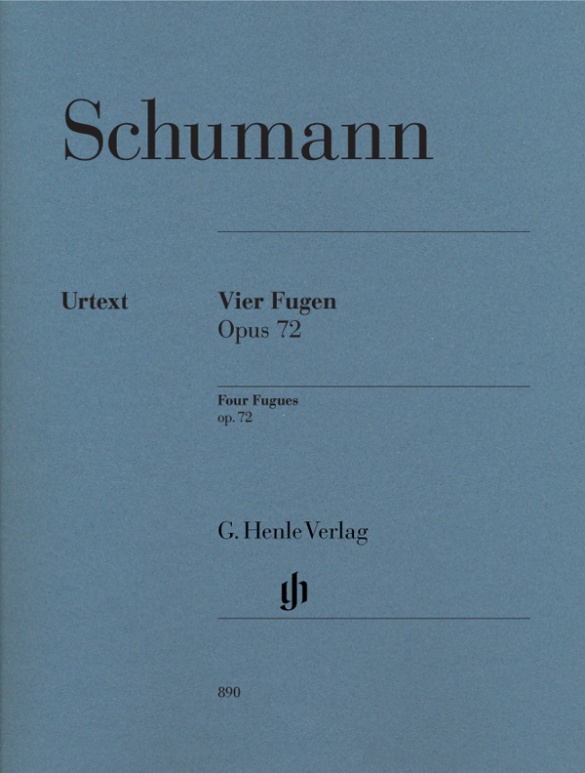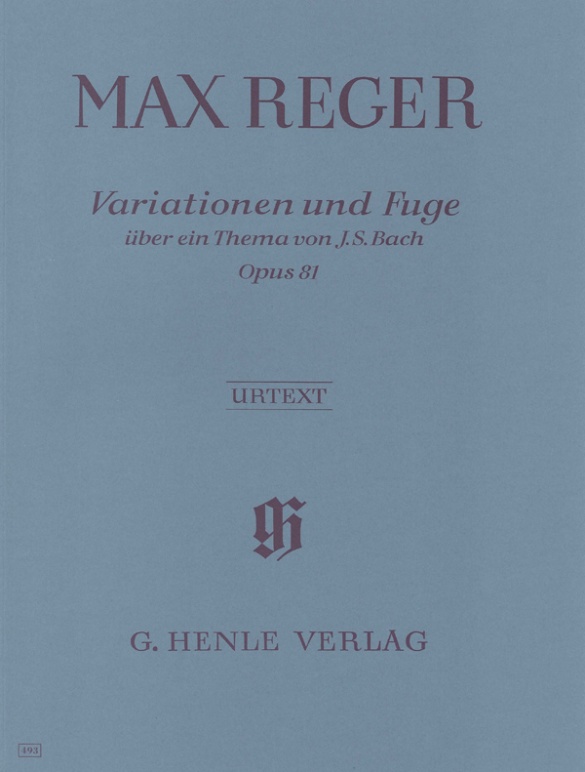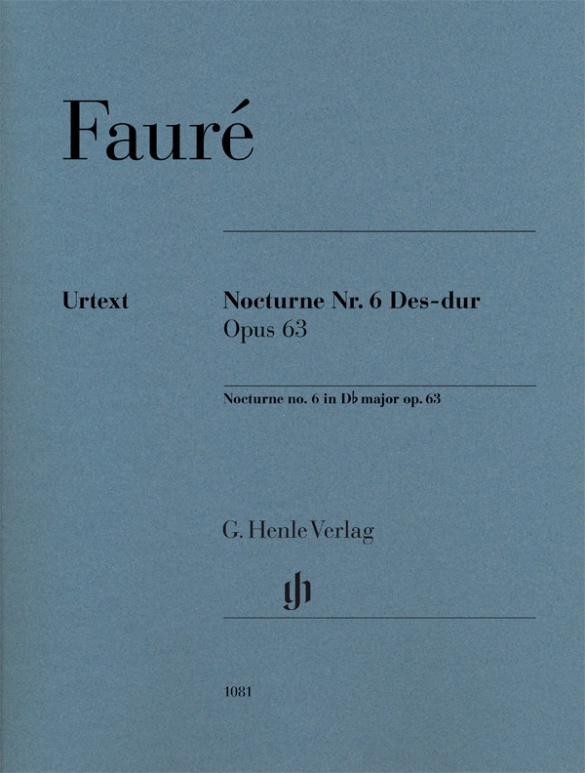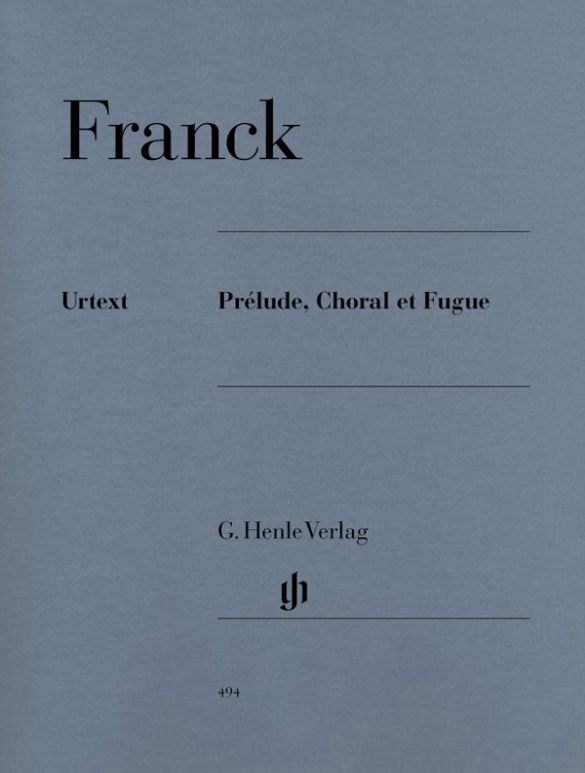

César Franck
Prélude, Choral et Fugue
Franck wrote almost all of his important works in his later years. This almost 20-minute-long cycle from 1884 is his best-known piano composition and is often played on concert platforms to this day. Although Franck himself was a very proficient pianist, his musical roots are in organ music, which also supplied the inspiration for his piano output.
Content/Details
(Explanation)
About the Composer
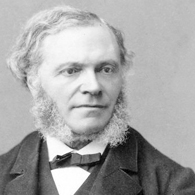
César Franck
Famous organist and composer who exerted a lasting influence on French music of the fin-de-siècle both through his works and especially as a teacher.
| 1822 | Born in Liège on December 10. |
| 1831 | Instruction in piano, organ, and composition at the Royal Conservatory of Liège. |
| 1835 | First stay in Paris, lessons with Reicha, among others. |
| 1837–42 | Studies at the Conservatoire de Paris. |
| 1839–42 | “3 Trios concertants,” Op. 1, in the first of which he employs the cyclic technique typical both of his later works and of French symphonic music of the 1880s. |
| 1843 | Concert tour through Belgium and Germany. |
| 1845 | Premiere of his oratorio “Ruth.” |
| 1847 | He becomes organist at Notre-Dame-de-Lorette |
| 1852–70 | He teaches at various institutions. |
| from 1857 | Organist at Sainte-Clotilde, location of one of the famous Cavaillé Coll organs. Composition of sacred works; 1856–65, “6 Pièces” for organ. |
| 1861 | Member of the Société académique de musique sacrée (Academic Sacred Music Society). |
| 1869–79 | Composes oratorio “Les Béatitudes.” |
| 1871 | Founding member of the Société nationale de musique. |
| 1872 | Teaches an organ class at the Conservatoire. Among his most famous pupils are Duparc, Chausson, and d’Indy, whose Course in Musical Composition (1906) is based on Franck’s compositional and formal principles. |
| 1881–88 | Genesis of the symphonic poems “Le Chasseur maudit” (“The Accursed Huntsman”), “Les Djinns,” “Psyché.” |
| 1878 | Premiere of his “3 Pièces pour le Grand Orgue” in the monumental style. |
| 1886 | Violin Sonata in A major; president of the Société nationale de musique. |
| 1886–88 | Symphony in D minor, one of the most formative works of French symphonic music of the age. |
| 1890 | Death in Paris on November 8. |
| 1894 | Posthumous premiere in Monte Carlo of his opera “Hulda.” |
About the Authors
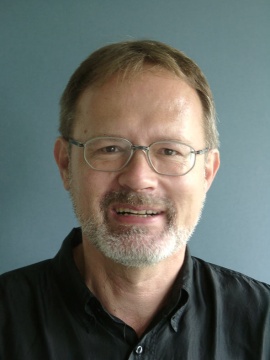
Ernst-Günter Heinemann (Editor)
Dr. Ernst-Günter Heinemann, born in 1945 in Bad Marienberg (Westerwald), completed his schooling in Gießen and read musicology, philosophy and German in Marburg and Frankfurt/Main and also for some time Protestant church music. He did his doctorate on “Franz Liszts geistliche Musik. Zum Konflikt von Kunst und Engagement”.
From 1978–2010 Heinemann worked as an editor at G. Henle Publishers (in 1978 in Duisburg, from 1979 onwards in Munich). He edited a great many Urtext editions for the publishing house, including “Das Wohltemperierte Klavier”, Volume 1 by Bach and all of Debussy’s piano works. In addition, he wrote essays on Debussy, Grieg, Liszt, Mendelssohn and questions concerning general editing, as well as giving seminars on editorial practice for musicology students in Munich.

Klaus Schilde (Fingering Piano)
Prof. Klaus Schilde, born in 1926, spent his childhood in Dresden. There he was greatly influenced by Walter Engel, who taught him the piano (Kodaly method), composition and violin. From 1946–1948 he studied at the music conservatory in Leipzig with Hugo Steurer. After moving to the west in 1952 he studied with Walter Gieseking and Edwin Fischer, as well as with Marguerite Long, Lucette Descaves and Nadia Boulanger in Paris.
Schilde won numerous prizes. From 1947 onwards he gave concerts as a soloist and chamber musician on almost every single continent with renowned orchestras. He taught at the music conservatories in East Berlin Detmold, West Berlin, Munich, Tokyo (Geidai) and Weimar. From 1988–1991 he was President of the Staatliche Hochschule für Musik und Theater in Munich, where he also taught for decades as a professor. There are numerous radio and television broadcasts with Klaus Schilde as well as CD recordings. Schilde has contributed fingerings to almost 100 Henle Urtext editions.
Prof. Klaus Schilde passed away on 10 December, 2020.
Product Safety Informations (GPSR)

G. Henle Verlag
Here you can find the information about the manufacturer of the product.G. Henle Verlag e.K.
Forstenrieder Allee 122
81476 München
Germany
info@henle.de
www.henle.com
Der akribische Vergleich aller erreichbarer Quellen ... macht zweifellos die Berechtigung dieser Neuausgabe aus.Hohes Lob verdient -- wie immer bei Henle -- der schöne, klare Druck und die übersichtliche Anordnung des Textes.
SMPVrecommendations
autogenerated_cross_selling
Further editions of this title
Further editions of this title


